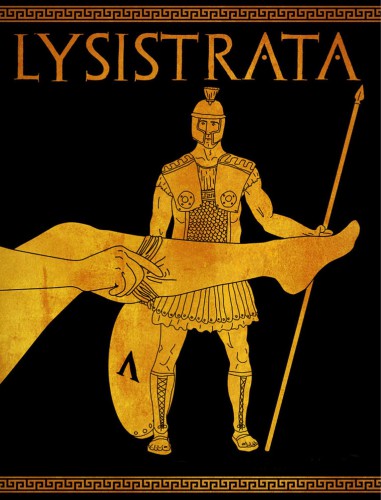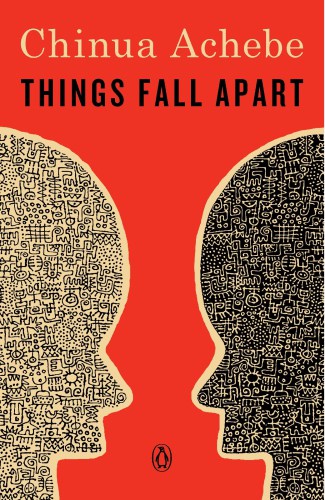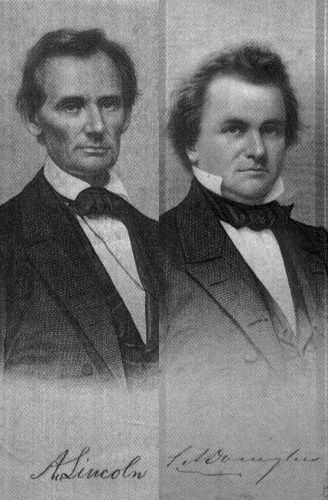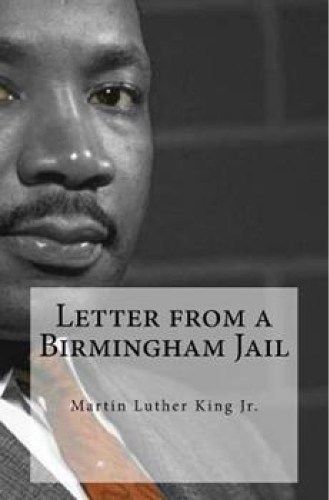Lysistrata

This text raises very directly questions about the role of women in society, about the place of war, and about the role of sexual desire both in individual relationships and in relation to the state. Students are likely to sympathize strongly with the Lysistrata, who is far more than simply the leader of the sex strike. In her attempts to persuade the women to forgo sex (which, the play makes very clear, they enjoy as much as the men) and in her conversations with the magistrate, she reveals herself to be a talented leader and someone who has given serious thought to the proper administration of the state.
Things Fall Apart

Okonkwo is a man among men. Raised by a “weak” father, he is determined to undo the legacy of laziness his father left behind. Okonkwo works hard, has the best farm in the land, many wives and multiple children. He is, according to his village, a successful man. He is also one of the most feared men. His prowess on the battlefield is no less impressive. When he accidentally kills the son of a village elder, he is banished to the land of his mother for seven years. When he returns to his village, everything has changed. The colonialists have arrived and everything he knows about manhood and what it means to be a leader has changed. On one hand, he is angered and embarrassed by his village’s refusal to fight the colonial forces; on the other he is subject to the indignities of their rule on a daily basis. Ultimately he takes his own life.
Lincoln Douglas Debate 7

Lincoln-Douglas Debate 7 highlights the problems that confronted American society on the eve of the Civil War. By 1858, issues over slavery, both the immorality of the institution as well as its possible expansion, had polarized the United States. The debates highlighted a major problem with American democracy. How can a society consider itself a democracy when a portion of it cannot be treated like human beings?
Letter From a Birmingham Jail

In addition to its transformative impact on the civil rights movement, King’s speech also grapples with a timeless human question: is it just to disobey an unjust law? How do you overcome and end oppression? What in fact is the difference between a just and an unjust law? Is it wrong to fight for what is right if you know it will lead to violence?

